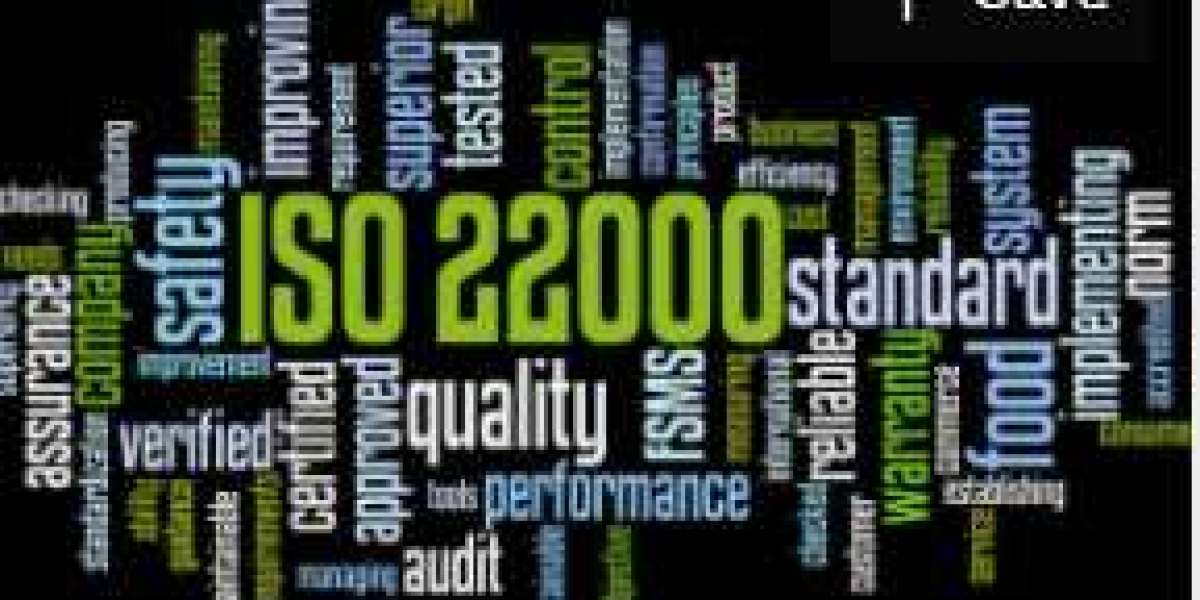ISO 22000 Certification is a globally recognized standard designed to ensure food safety across the entire food chain. Developed by the International Organization for Standardization (ISO), this certification integrates principles from Hazard Analysis and Critical Control Points (HACCP) with quality management systems to help organizations identify, manage, and reduce food safety risks.
The importance of ISO 22000 lies in its ability to harmonize food safety management practices across various sectors — from primary producers to processors, distributors, and retailers. It ensures that food is safe at every stage of the supply chain, regardless of its point of origin or final destination. This is particularly vital in a globalized world where food products frequently cross borders.
To achieve ISO 22000 Certification, organizations must implement a robust Food Safety Management System (FSMS). This includes defining food safety policies, setting objectives, conducting hazard analysis, and establishing effective control measures. Regular monitoring, internal audits, and continuous improvement are also integral to maintaining certification compliance.
One of the major benefits of ISO 22000 Certification is enhanced consumer trust. When a company earns this certification, it demonstrates a strong commitment to food safety and regulatory compliance. This not only boosts brand reputation but also improves market access, especially in regions where food safety standards are strictly enforced.
Moreover, ISO 22000 promotes operational efficiency by identifying potential risks before they become costly issues. It streamlines communication among suppliers and stakeholders, reduces the risk of foodborne illnesses, and ensures compliance with legal and customer-specific requirements. Additionally, the standard aligns well with other ISO management systems such as ISO 9001 and ISO 14001, making it easier for companies to integrate multiple frameworks.
Certification is granted by accredited third-party bodies following a comprehensive audit. While the process requires time and resources, the long-term value in terms of risk management, customer confidence, and global competitiveness makes it a worthwhile investment.
In conclusion, ISO 22000 Certification serves as a powerful tool for organizations committed to delivering safe food products. It provides a proactive approach to managing food safety hazards and helps businesses meet the growing demand for transparency and accountability in the food industry. Whether you're a small food processor or a multinational brand, adopting ISO 22000 can set your business apart in an increasingly safety-conscious market.







